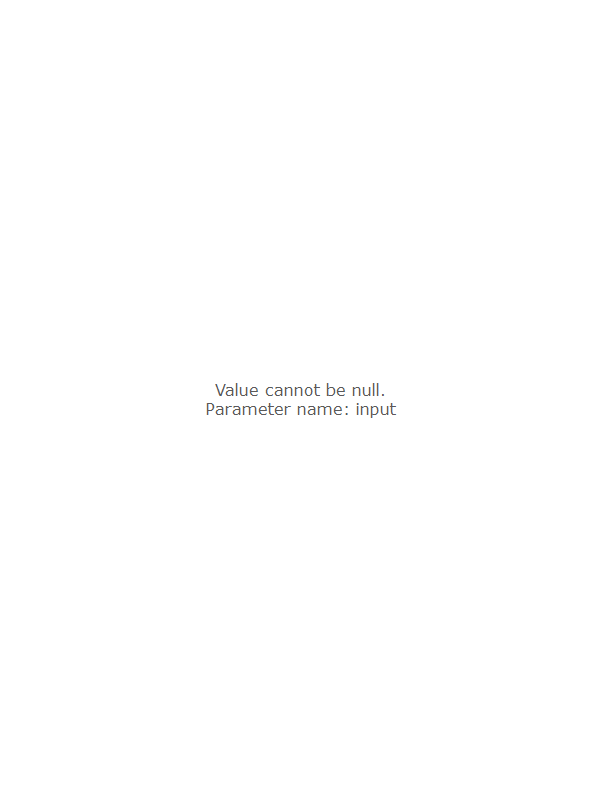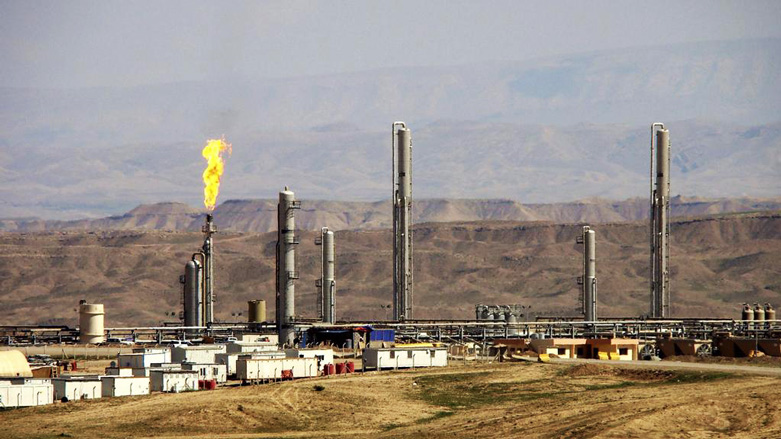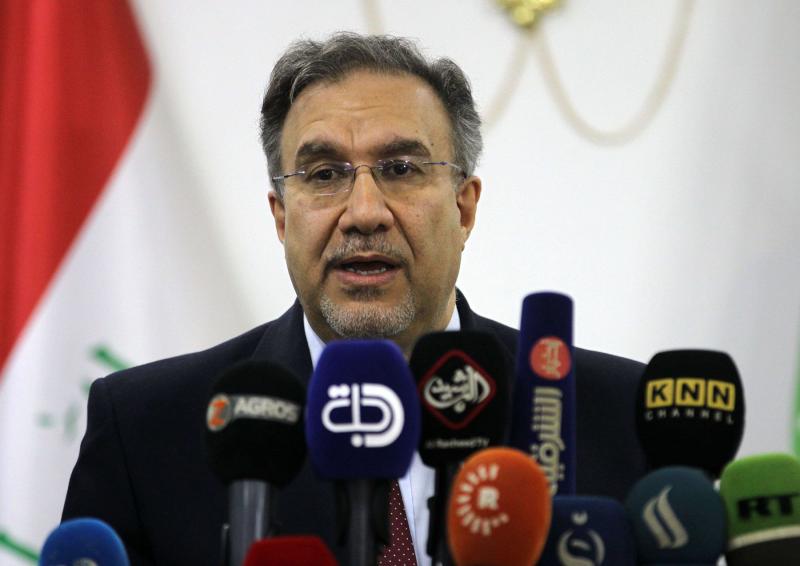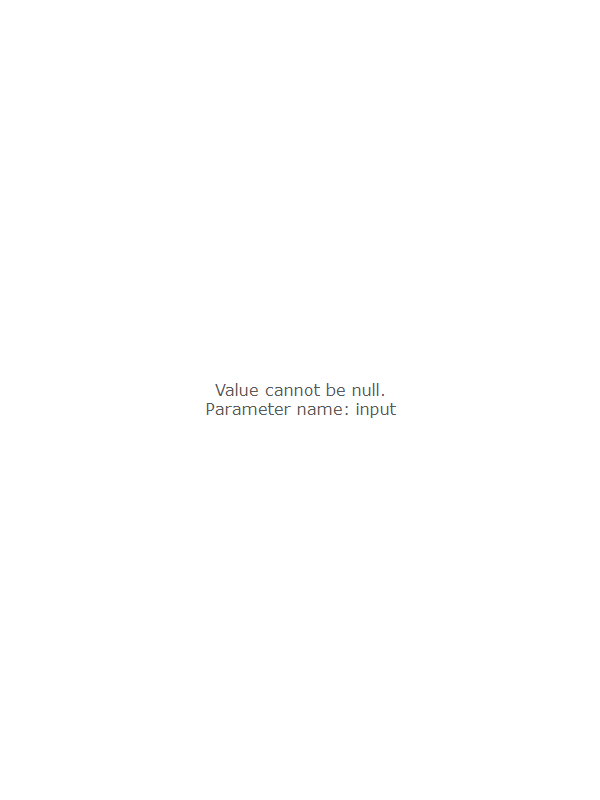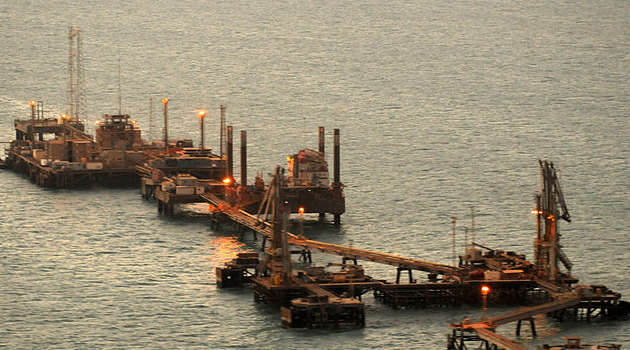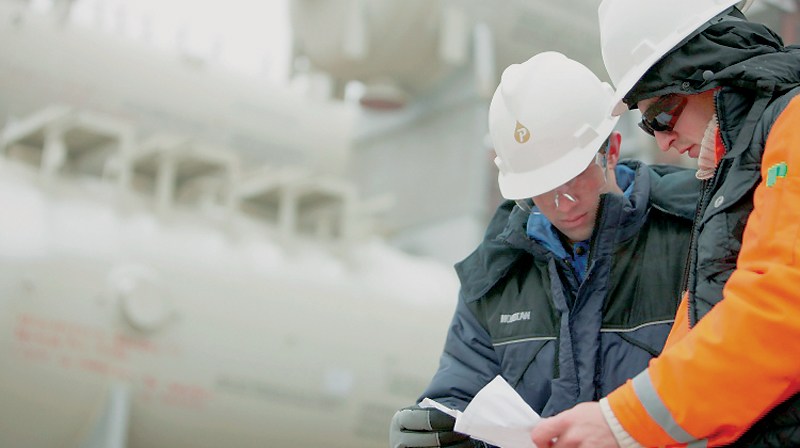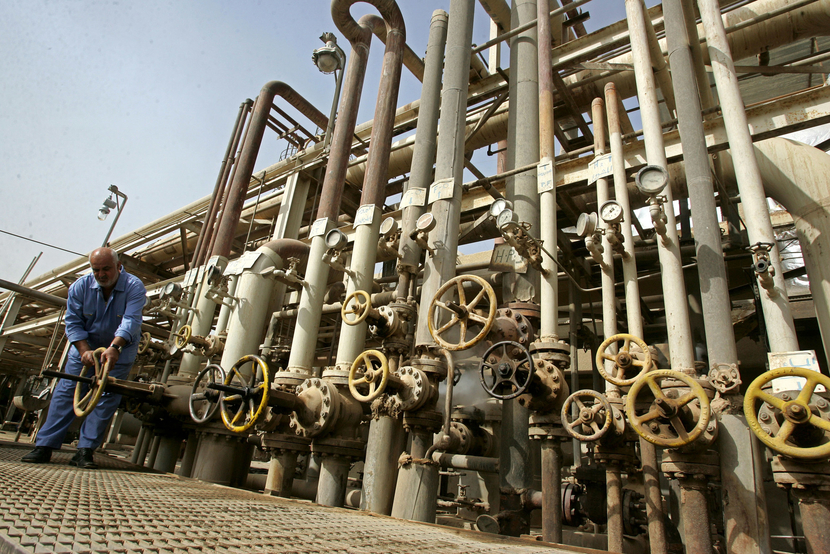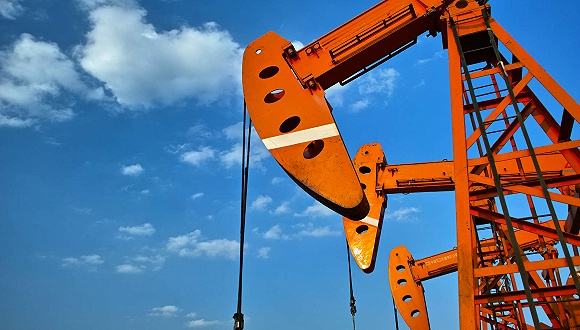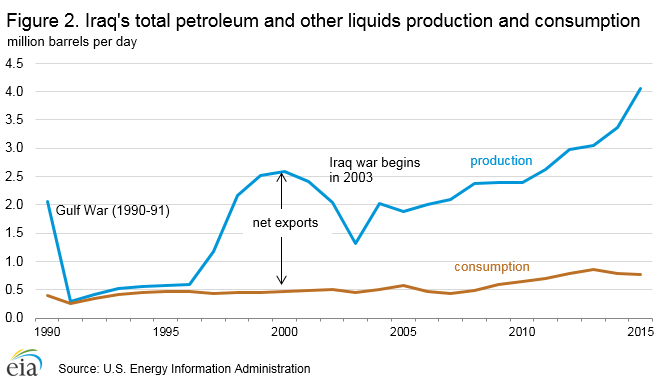DNO ASA, the Norwegian oil and gas operator, today reported USD 35 million in first quarter 2019 operating revenues from its newly acquired North Sea assets, bringing the total quarterly figure across the portfolio to USD 204 million.
The Company generated a net profit of USD 51 million and exited the quarter with a cash balance of USD 254 million plus USD 109 million in treasury shares and marketable securities.
Company Working Interest (CWI) production averaged 107,600 barrels of oil equivalent per day (boepd) during the first quarter, up 36 percent from 79,100 boepd in the first quarter of 2018. Kurdistan contributed 89,400 barrels of oil per day (bopd) and the North Sea contributed 18,200 boepd.
Operated Kurdistan production from the Tawke and Peshkabir fields averaged 126,800 bopd during the quarter, up from 109,400 in the first quarter of 2018.
The Company plans to more than double capital and exploration expenditures to USD 440 million this year, up from USD 200 million last year. Planned 2019 expenditure in Kurdistan is USD 250 million and USD 190 million in the North Sea.
DNO has launched an active drilling program of up to 36 wells across the portfolio, representing the highest number of wells in the Company’s 48-year history.
DNO’s Executive Chairman, Bijan Mossavar-Rahmani (pictured), said:
“With our recent acquisition, DNO has transformed into a more balanced company. We continue to generate significant cash from ultra-low cost, short-cycle, highly prolific fields in Kurdistan but now with a strong, second leg in the North Sea.”
(Source: DNO)

